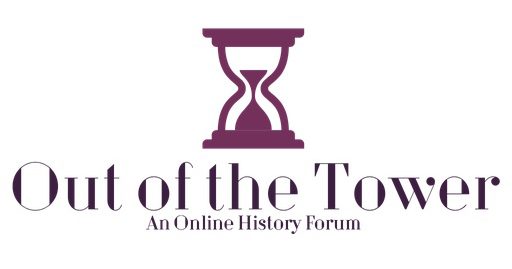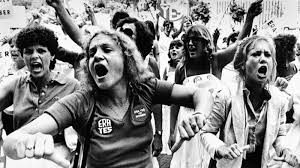Lizabeth Cohen connects a number of elements to illustrate what she understands to be America’s postwar obsession with mass consumption. By examining government documents, sociological surveys, marketing research, and historical monographs, Cohen shows how the Progressive and New Deal eras’ emphasis on consumerism as the cornerstone of citizenship changed in post-World War II America. Cohen ties together federal policy, business cycles, reform movements, marketing strategies, and the local history of northern New Jersey to chart the rise of mass consumerism in American society. In the end, Cohen presents a history of mass consumerism’s effects on race, gender, class, and politics.
Put simply, Cohen’s overreaching thesis is that the way we buy shapes the way we understand ourselves as citizens. As Cohen maintains, “I am convinced that Americans after World War II saw their nation as the model for the world of a society committed to mass consumption…consumption did not only deliver wonderful things for purchase…It also dictated the most central dimensions of postwar society.” Consumerism, Cohen contends, influences public life as much as it responds to private needs. For Cohen, American values, attitudes, and behaviors are attached to consumerism; moreover, she argues that public policy and mass consumption mutually reinforce each other. Ultimately, Cohen suggests that communal identities spring from modes of consumption, and not modes of production.
Read more

